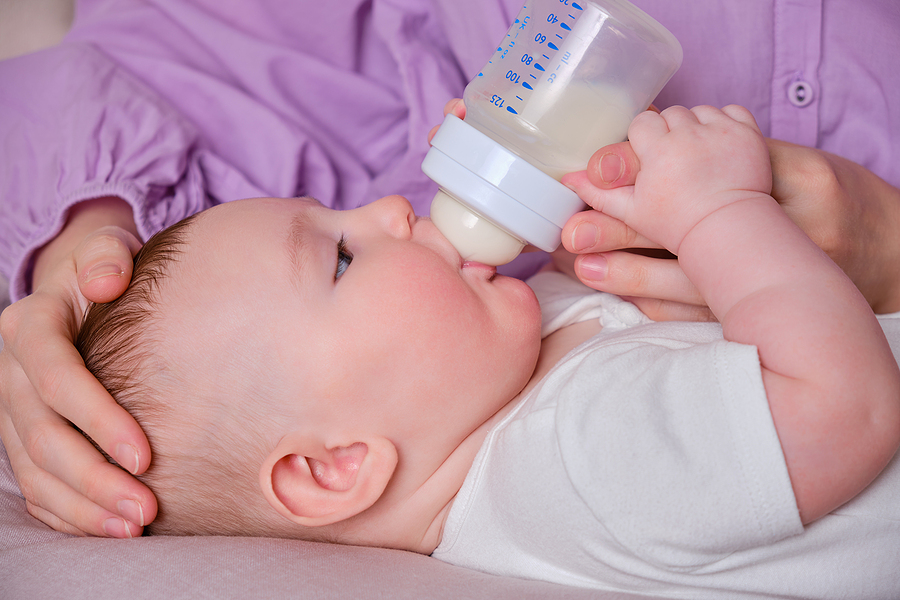What Baby Formula is Affected by the Recall?
On February 17, 2022, Abbott issued the recall of certain powdered Similac, Alimentum, and EleCare infant formulas manufactured at its plant in Sturgis, Michigan, and distributed throughout the United States and in other countries. The recalled baby formulas have a code on the bottom of the container that starts with 22 through 37, and contains K8, SH, or Z2, and the affected products carry an expiration date of April 1, 2022, or later. According to reports, the Similac, Alimentum, and EleCare baby formulas may have been contaminated with Salmonella or Cronobacter during the manufacturing process.”As of February 28, CDC has announced one additional illness of Cronobacter sakazakii with exposure to powdered infant formula produced at Abbott Nutrition’s Sturgis, MI facility. Cronobacter infection may have been a contributing cause of death for this patient,” said the agency. “The most recent patient was reported to have consumed Abbott Nutrition’s Similac PM 60/40 product with the lot code 27032K800 prior to Cronobacter sakazakii infection.”
Salmonella Newport is a variation within a species of bacteria commonly known as Salmonella. The bacteria can cause gastrointestinal illness leading to symptoms like fever, diarrhea, and abdominal cramps. In severe cases, people infected with Salmonella bacteria may develop a high fever, headaches, lethargy, a rash, or blood in the urine or stool, and these issues may result in hospitalization or possibly even death.
Cronobacter is a lesser-known bacteria that can be found in dry foods, such as powdered infant formula. Cronobacter sakazakii infections most commonly affect adults, but low-birthweight preterm infants and older babies are at the highest risk for the infection. According to the FDA, “Cronobacter bacteria can cause severe, life-threatening infections (sepsis) or meningitis (an inflammation of the membranes that protect the brain and spine). Symptoms of sepsis and meningitis may include poor feeding, irritability, temperature changes, jaundice (yellow skin and whites of the eyes), grunting breaths and abnormal movements.” The FDA also warns that “Cronobacter infection may also cause bowel damage and may spread through the blood to other parts of the body.”


